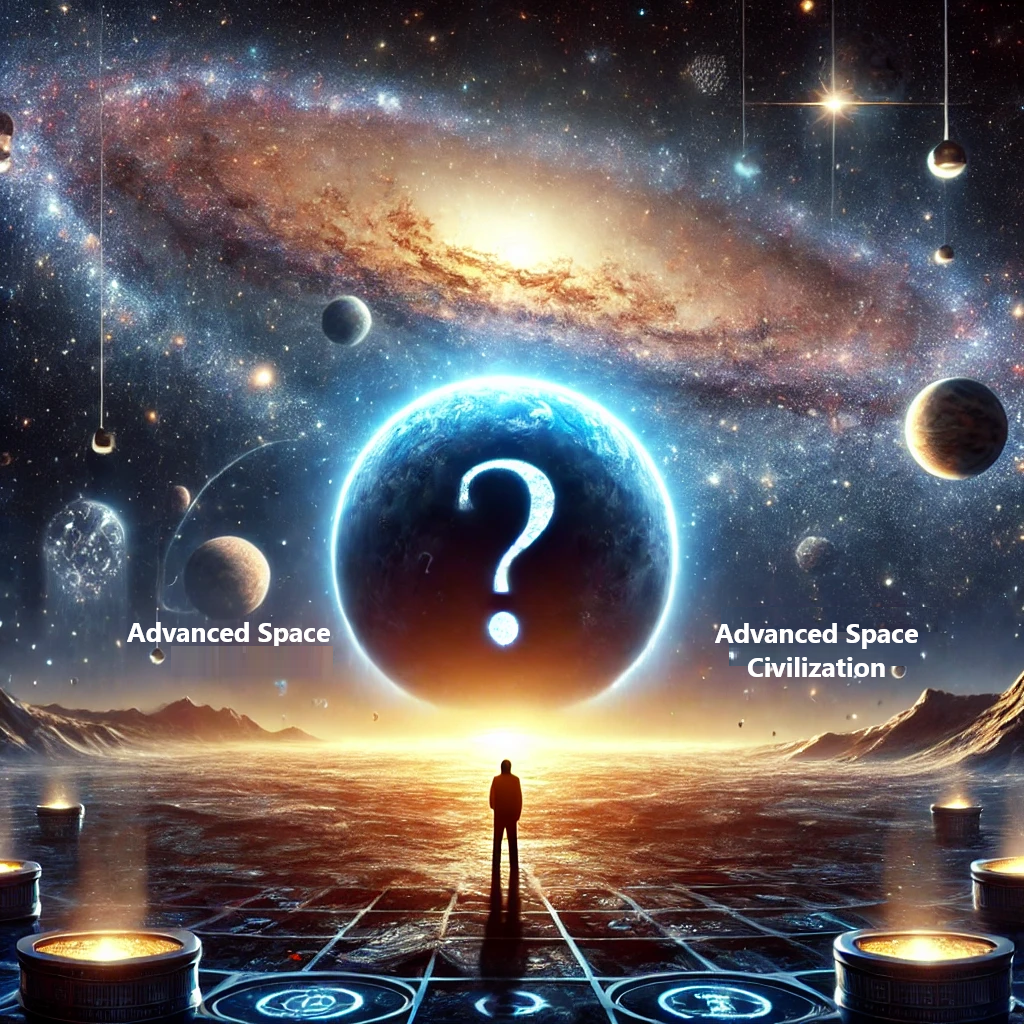Why Haven't We Found Aliens?
Article Source: The Fermi Paradox

Why You Should Care
The Fermi Paradox is a crucial question in understanding our place in the universe. It asks why, given the vast number of stars and potentially habitable planets, we haven't found any evidence of extraterrestrial civilizations. Exploring this paradox helps us better understand the likelihood of life elsewhere and the factors that might affect our ability to detect it.
Answering the Question… Why Haven't We Found Aliens?
The Fermi Paradox questions why we haven’t detected any signs of extraterrestrial life, despite the statistical likelihood that many such civilizations should exist. The paradox arises from the contradiction between the high probability of life in the universe and the complete absence of evidence for it, suggesting that either life is much rarer than we think or there are barriers to interstellar communication that we haven’t yet understood.
How Was the Study Done?
Researchers examined a wide range of theories and scientific models related to the Fermi Paradox. They analyzed data from fields such as astronomy, biology, and sociology, and reviewed the history and progress of the search for extraterrestrial intelligence (SETI). The study also involved comparing the expected number of civilizations based on the Drake Equation with the actual observational data we have.
What Was Discovered?
- Massive Scale: The Milky Way galaxy contains approximately 100 to 400 billion stars, and it's estimated that at least 1 in 5 of these stars has a planet in the habitable zone. This suggests there could be tens of billions of potentially habitable planets in our galaxy alone.
- Statistical Probability: Based on the Drake Equation, which estimates the number of active, communicative extraterrestrial civilizations in the Milky Way, there should be thousands or even millions of civilizations capable of interstellar communication.
- The Silence: Despite these staggering numbers, no evidence of extraterrestrial signals, probes, or artifacts has been detected. This lack of evidence is one of the core issues highlighted by the Fermi Paradox.
- Potential Explanations:
- Technological Inefficiency: Our current methods of detecting alien signals might be outdated or insufficient for picking up advanced civilizations' communications, which could use technologies beyond our understanding.
- Self-Destruction: Civilizations might have a tendency to destroy themselves before they can reach a level of technological maturity that allows for sustained communication across the stars.
- The Great Filter: There could be a critical barrier in the development of life, such as a catastrophic event or a technological hurdle, that very few civilizations manage to pass.
- The Zoo Hypothesis: Advanced extraterrestrial civilizations might deliberately avoid contact with us, observing Earth without interference to allow natural evolution and societal development.
- Impact of Time: The lifespan of technological civilizations could be relatively short in cosmic terms, meaning that the window of opportunity for two civilizations to communicate could be extremely narrow.
Why Does It Matter?
The Fermi Paradox is important because it challenges our assumptions about life in the universe. It drives scientific inquiry into the likelihood of extraterrestrial life, the development of new detection technologies, and the exploration of factors that might explain the paradox. Understanding the Fermi Paradox could also provide insights into the future of humanity and our potential role in the cosmos.
Link to full article: The Fermi Paradox
